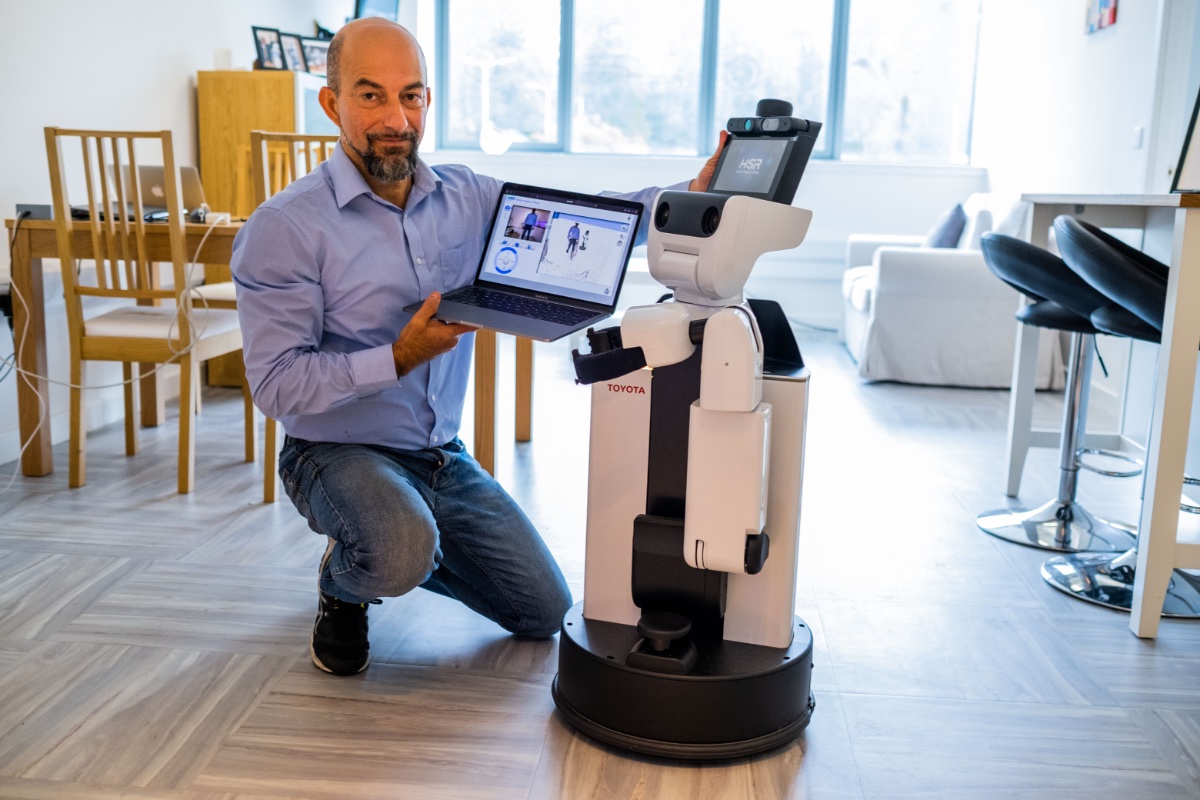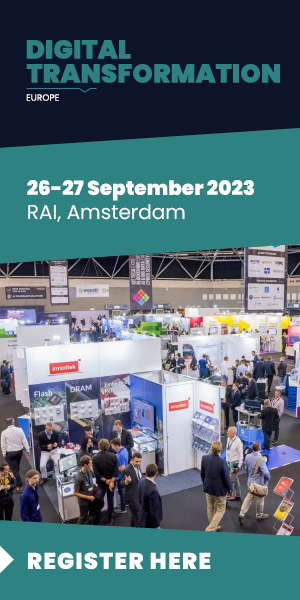
The National Robotarium, hosted by Heriot-Watt University in Edinburgh, has unveiled an AI-powered telepresence robotic solution for remote health consultations.
Using the solution, health practitioners would be able to assess a person’s physical and cognitive health from anywhere in the world. Patients could access specialists no matter whether they’re based in the UK, India, the US, or anywhere else.
Iain Stewart, UK Government Minister for Scotland, said:
“It was fascinating to visit the National Robotarium and see first-hand how virtual teleportation technology could revolutionise healthcare and assisted living.
Backed by £21 million UK Government City Region Deal funding, this cutting-edge research centre is a world leader for robotics and AI, bringing jobs and investment to the area.”
The project is part of the National Robotarium’s assisted living lab which explores how to improve the lives of people living with various conditions.
Dr Mario Parra Rodriguez, an expert in cognitive assessment from the University of Strathclyde, is working on the project and believes the solution will enable more regular monitoring and health assessments that are critical for people living with conditions like Alzheimer’s disease and other cognitive impairments.
“The experience of inhabiting a distant robot through which I can remotely guide, assess, and support vulnerable adults affected by devastating conditions such as Alzheimer’s disease, grants me confidence that challenges we are currently experiencing to mitigate the impact of such diseases will soon be overcome through revolutionary technologies,” commented Rodriguez.
“The collaboration with the National Robotarium, hosted by Heriot-Watt University is combining experience from various disciplines to deliver technologies that can address the ever-changing needs of people affected by dementia.”
Dr Mauro Dragone is leading the research and explains how AI was vital for the project:
“Our prototype makes use of machine learning and artificial intelligence techniques to monitor smart home sensors to detect and analyse daily activities. We are programming the system to use this information to carry out a thorough, non-intrusive assessment of an older person’s cognitive abilities, as well as their ability to live independently.
Combining the system with a telepresence robot brings two major advances: Firstly, robots can be equipped with powerful sensors and can also operate in a semi-autonomous mode, enriching the capability of the system to deliver quality data, 24 hours a day, seven days a week.
Secondly, telepresence robots keep clinicians and carers in the loop. These professionals can benefit from the data provided by the project’s intelligent sensing system, but they can also control the robot directly, over the Internet, to interact with the individual under their care. They can see through the eyes of the robot, move around the room or between rooms and operate its arms and hands to carry out more complex assessment protocols. They can also respond to emergencies and provide assistance when needed.”
Earlier this month, the UK government announced tax rises to fund social care, give people the dignity they deserve, and help the NHS recover from the pandemic.
However, some believe further rises are on the horizon. Innovative technologies could help to reduce costs while maintaining or improving care.
“Blackwood is always looking for solutions that help our customers to live more independently whilst promoting choice and control for the individual. Robotics has the potential to improve independent living, provide new levels of support, and integrate with our digital housing and care system CleverCogs,” said Mr Colin Foskett, Head of Innovation at Blackwood Homes and Care.
“Our partnership with the National Robotarium and the design of the assisted living lab ensures that our customers are involved in the co-design and co-creation of new products and services, increasing our investment in innovation and in the future leading to new solutions that will aid independent living and improve outcomes for our customers.”
Our sister publication, IoT News, reported on the construction of the £22.4 million National Robotarium earlier this year—including some of the facilities, equipment, and innovative projects that it hosts.

Find out more about Digital Transformation Week North America, taking place on 9-10 November 2021, a virtual event and conference exploring advanced DTX strategies for a ‘digital everything’ world.









